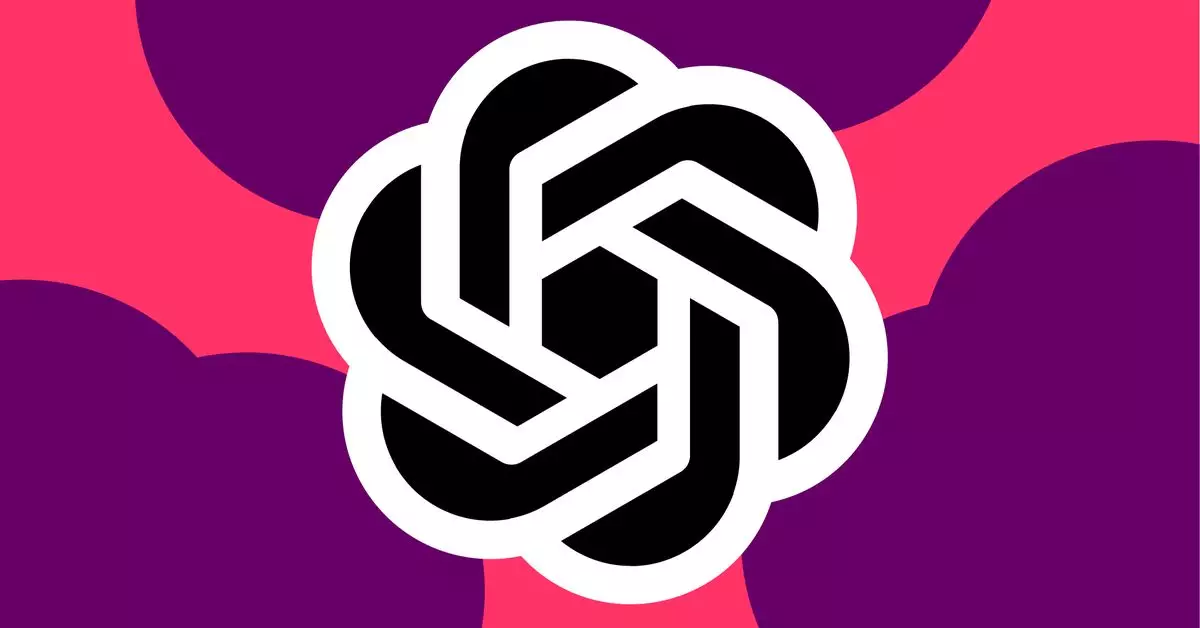On a seemingly ordinary Thursday afternoon, a significant outage affected ChatGPT, leaving many users unable to access the services they had grown accustomed to. Around 1:30 PM ET, reports began to flood platforms like Down Detector, indicating a sudden spike in users experiencing issues. By 2 PM ET, OpenAI acknowledged the problems via their status page, confirming that both ChatGPT and its associated tools, including the new text-to-video generator known as Sora, were encountering “high error rates.”
The nature of the disruption raised alarms among users and engineers alike. An “internal server error” message became the unwelcome notification for many attempting to interact with the chatbot. Such incidents can cause significant frustration, especially within the rapidly evolving landscape of AI services that rely heavily on reliability and uptime.
The Role of Microsoft and Underlying Causes
As the investigation into the outage progressed, the involvement of OpenAI’s exclusive cloud provider, Microsoft, came into focus. Reports surfaced that a “power issue” at one of Microsoft’s datacenters coincided with the timing of ChatGPT’s troubles. This power failure apparently impacted services across a wide area, including North America, signaling a domino effect that spilled over into not just the ChatGPT platform, but also into Xbox cloud gaming.
This correlation suggests that the cloud infrastructure supporting these advanced AI technologies can be delicately interconnected. An issue in one area can resonate through multiple services, amplifying the impact on users who rely on these technologies for both personal and professional purposes. It raises critical questions about the robustness of the infrastructure these tools are built upon, especially as they scale to meet growing demands.
By 6:15 PM ET, updates from OpenAI reflected a promising turnaround. They announced that while Sora had regained full functionality, ChatGPT and its related APIs were in the process of recovery. However, the exact cause of the outage remained somewhat opaque, with no detailed explanation linked to the upstream provider issues that had been cited.
Microsoft, for its part, reported that power had been fully restored to the impacted datacenter sometime after 5 PM ET, indicating swift recovery efforts. Nonetheless, this incident marked yet another occurrence in a series of similar outages that ChatGPT has experienced in recent months. The most notable instance occurred shortly after the launch of Sora, which also resulted in significant downtime.
The repeated outages highlight an inherent challenge within the rapidly advancing technology landscape: the balance between innovation and stable service delivery. As AI tools like ChatGPT become integral to both individuals and businesses, the expectation for consistent availability is paramount. Users have come to rely on these tools not just for casual inquiries but for work and creative output, making their reliability critical.
While the algorithms behind ChatGPT and its partners like Sora are groundbreaking, the infrastructure resembles a house of cards susceptible to tremors caused by outages. It is imperative for companies like OpenAI and Microsoft to work collaboratively and invest in resilient systems that are capable of withstanding unforeseen challenges, ensuring that users have trustworthy access to these innovative technologies. As they move forward, the lessons learned from these outages can serve as valuable guidelines for improvement and stability in the digital era.

